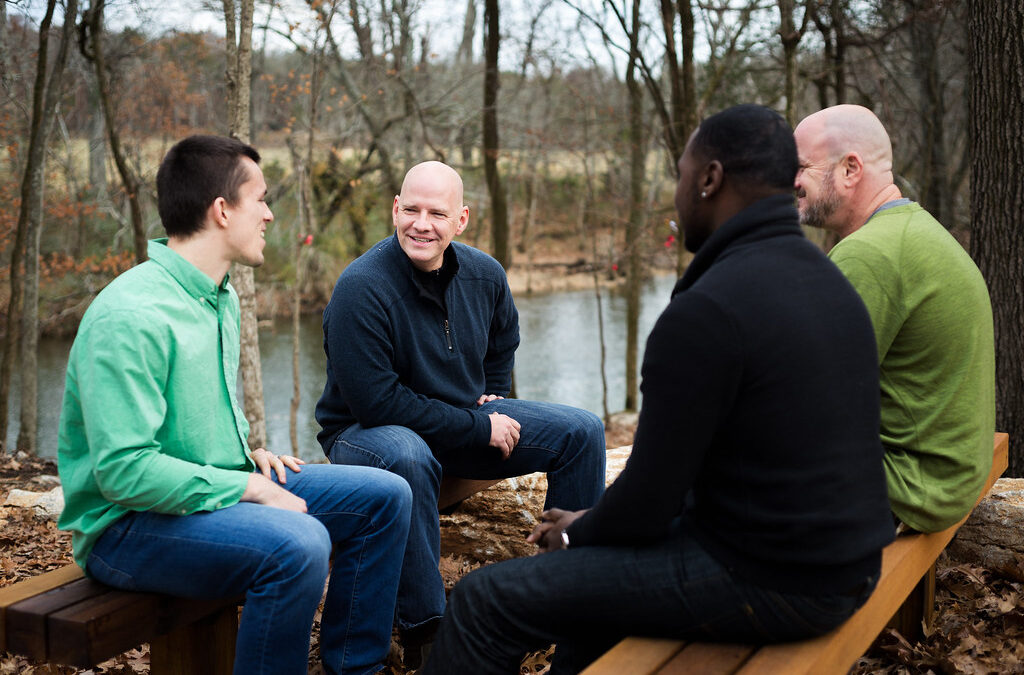Turning Frustration into a voice
Frustrated with how the 2023 teacher strikes were covered, Dylan Price and Hayden Stevens decided to act. The two Kent-based primary school teachers turned to podcasting. Their goal was simple: give UK teachers a voice.
“My passion and interest in teaching began at primary school,” Dylan says. “I even remember all the names of my teachers. They were all fantastic. My own school experience shaped me into the teacher I am today.”
Dylan, 31, is a primary school teacher and co-leads Maths at his school. His co-host, Hayden Stevens, 32, also teaches at the same school. Together, they launched ‘Teach, Sleep, Repeat’, a podcast that explores the struggles teachers face daily. They talk openly about the stress, the structural issues in education, and the emotional toll of the job.
They felt national strike coverage didn’t reflect how teachers were really feeling. That’s what pushed them to start recording.
Challenging the “martyr” mindset
“We were worried we were bad teachers,” Dylan admits. “We weren’t staying late or working weekends for free. There’s pressure to go above and beyond your contract. We wanted to push back on that idea. Teachers shouldn’t feel guilty for having a life.”
In the UK, teachers have “Directed Time” and “Planning, Preparation and Assessment” (PPA) time. Directed Time includes teaching hours and totals 1,265 hours a year. PPA is at least 10% of teaching time, often just 2–4 hours per week.
The contract also states that teachers must be available for duties at times and places the headteacher decides. But there’s more. It says teachers must also work “reasonable additional hours” to plan, assess, and meet pupils’ needs.
Hayden says this is where the problem lies. “That paragraph is the most dangerous part of the contract. It gets abused. Some staff end up working 7–6 every day and over weekends. Schools fill Directed Time with tasks, leaving no space for planning or marking. Then they expect unpaid hours to pick up the slack.”
If you’re enjoying this read – try the 5 inspirational people you should know about.
A Podcast Born from Burnout
Dylan and Hayden use their podcast to highlight how vague expectations lead to burnout. They reject the idea that unpaid overtime equals professionalism. Dylan recalls feeling the same pressure early in his career.
“I used to do loads of extra hours,” he says. “Now I work part-time. Cutting back probably saved my career. I was burnt out. And honestly, even working Monday to Wednesday, I still think about quitting.”
The mental health toll isn’t just personal. Education Support, a UK charity, reports rising issues across the profession. In their latest Teacher Wellbeing Index:
- 82% said pupil behaviour harms their mental health.
- 70% said difficult parent interactions do the same.
- 84% said abuse from pupils has increased due to poor mental health support for students.
Why Keep Going?
So, why do they keep teaching? What fuels the passion?
Dylan says: “You’ll never meet an entrepreneurial teacher. We’re in it for the kids. I’m good at it, and that’s enough. Being a good teacher isn’t just about fractions. It’s about being a support system too. That’s something I’ve grown into over time.”
Hayden agrees. “We want to give everything to our pupils. We know not all of them have stable home lives. You often wish you could take them home. But it means the world to watch them grow, despite their circumstances.”
The podcast idea had been forming for a while. But poor media coverage of the strikes gave them the final push. Since then, it’s grown fast. They now have a 4.9-star rating on Spotify, 9,897 TikTok followers, and a top-10 spot in the UK educational podcast charts.
Hope, advocacy, and real talk
Despite all the challenges, the two teachers remain hopeful. Most parents and members of the public, they say, do support teachers. But the vocal 15% who criticise loudly can do real damage.
“Most people are supportive,” Dylan says. “But that loud minority makes it tough. When you’re overworked and underpaid, those voices can really hurt morale.”
Still, they believe things can change. And change starts by recognising the problem. “We’re not saying teachers shouldn’t ever work outside of Directed Time,” Dylan clarifies. “But the contract needs to be clearer and less open to abuse.”
He adds: “No one’s going to fight for us if we don’t. Schools lean on unpaid labour because it’s cheap. We need to speak up. The media won’t always get it right. But now, more teachers are speaking out than ever before – and that’s encouraging.”
For similar stories, check out our careers section.



